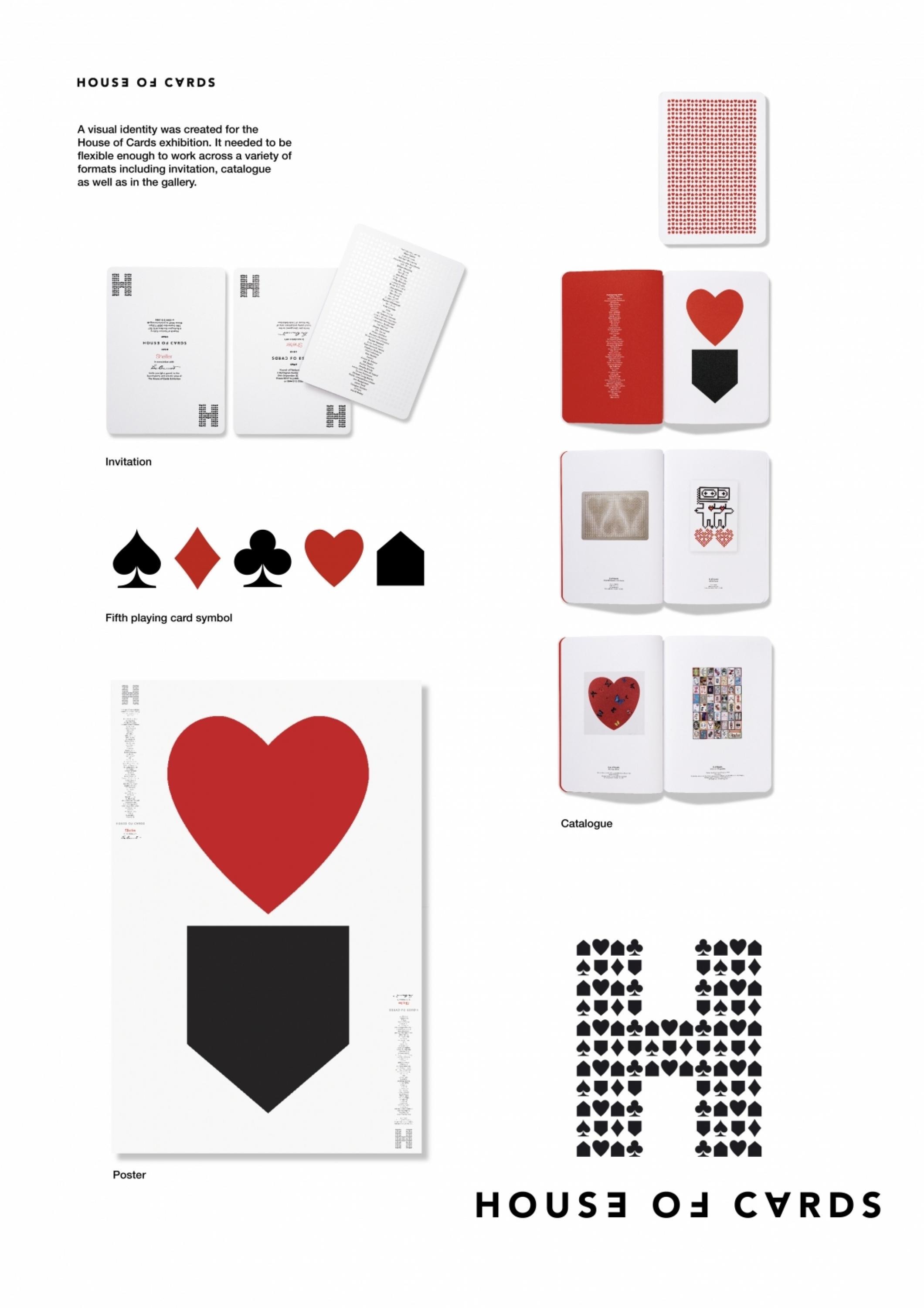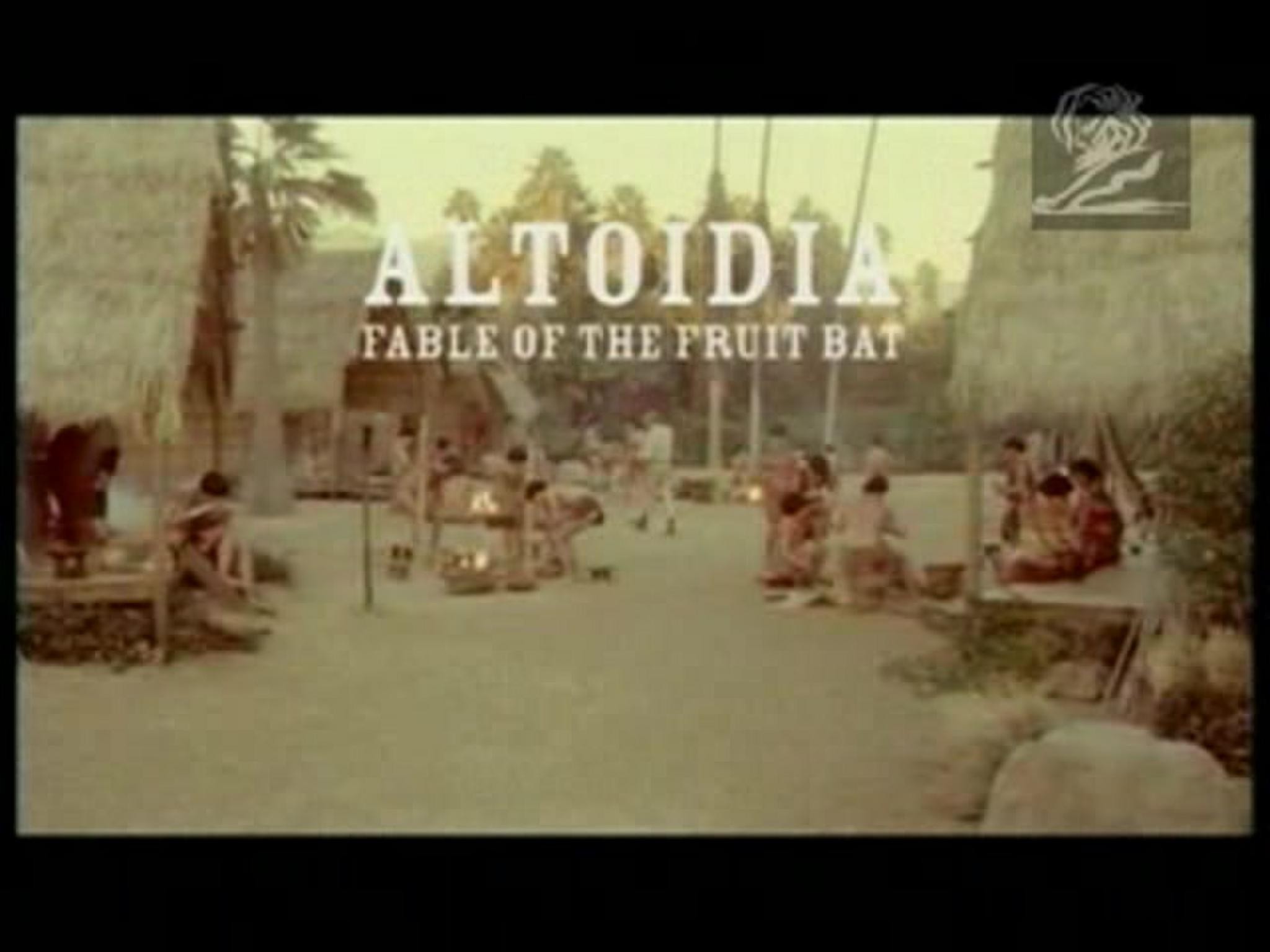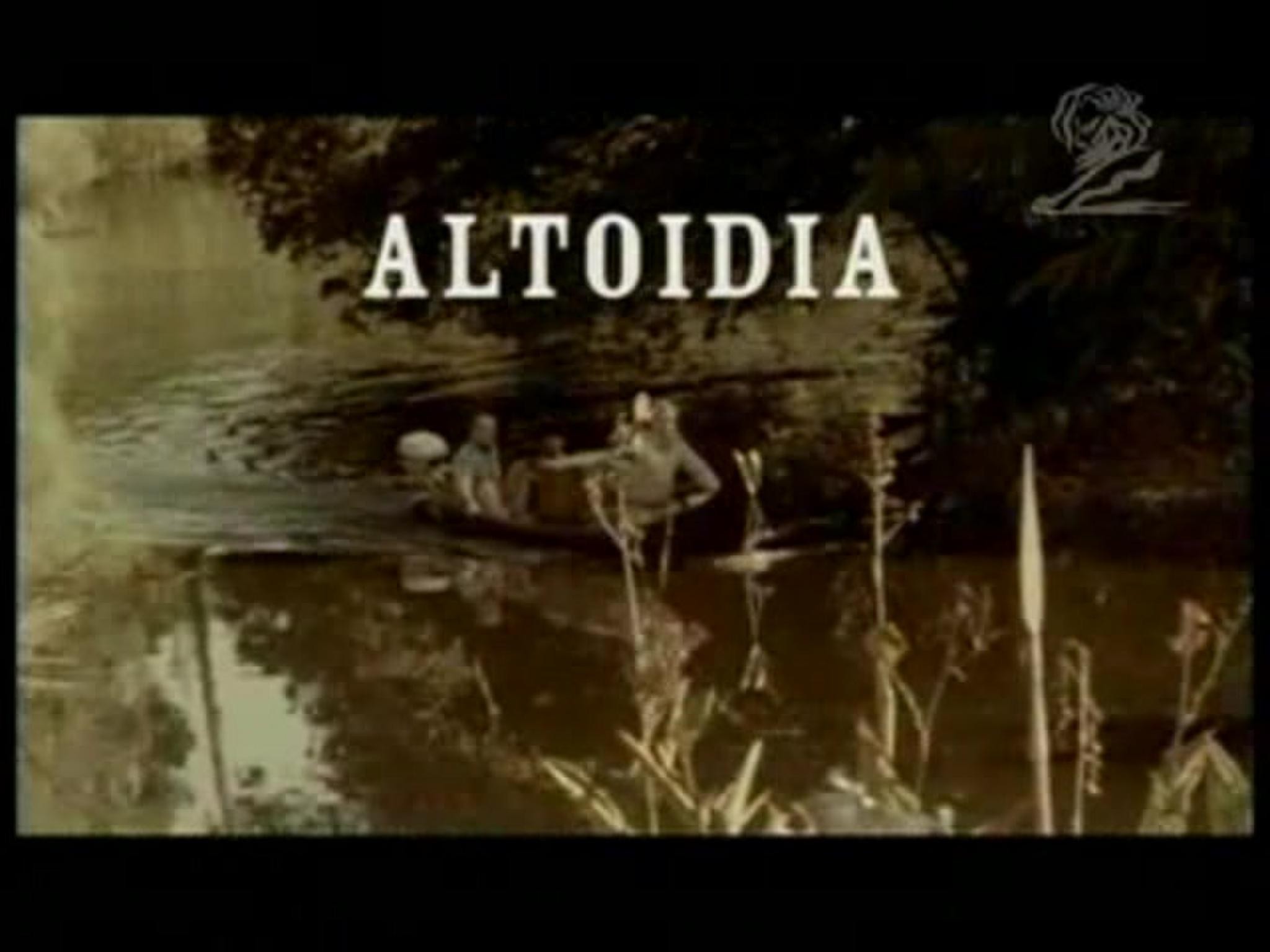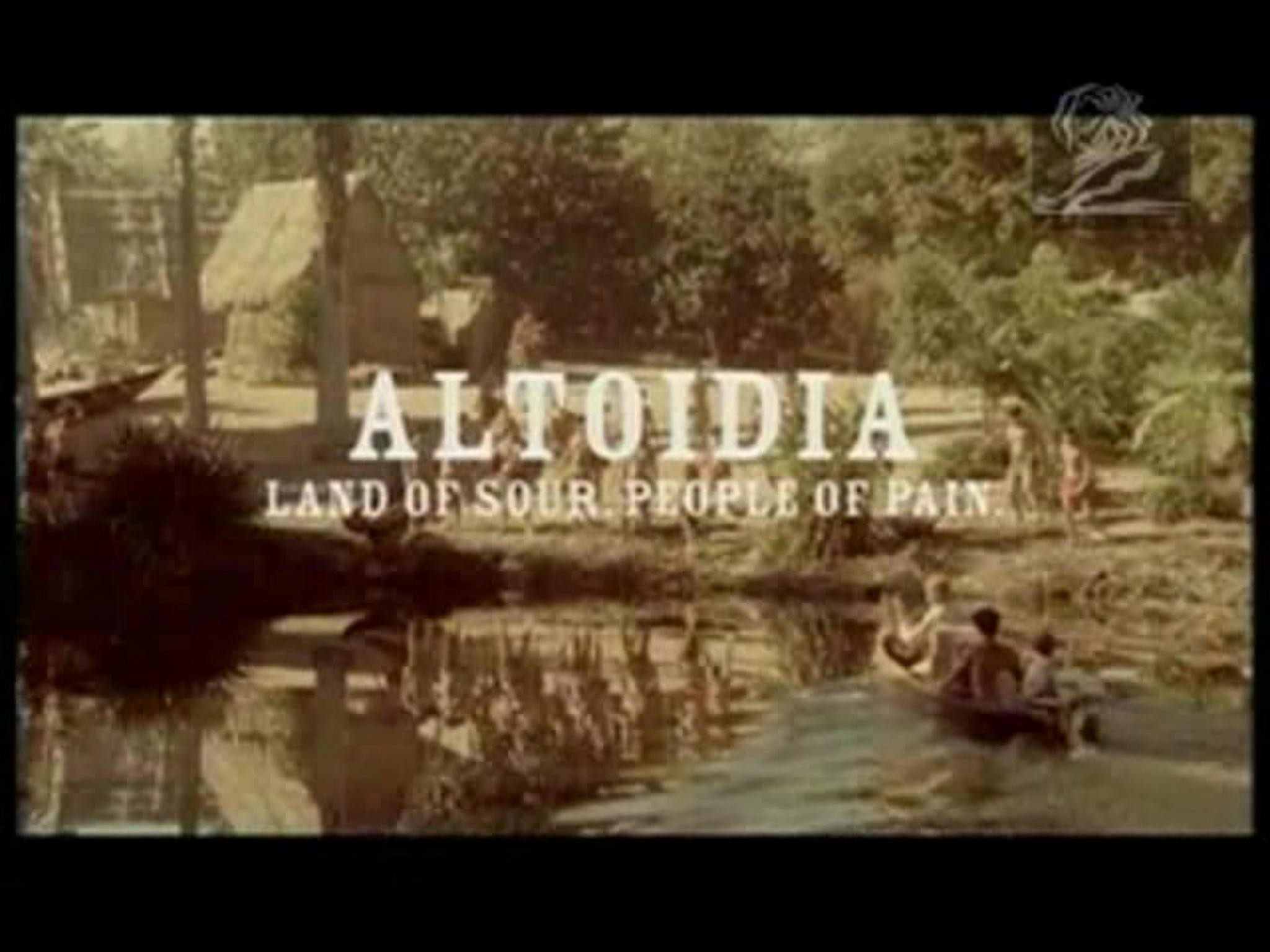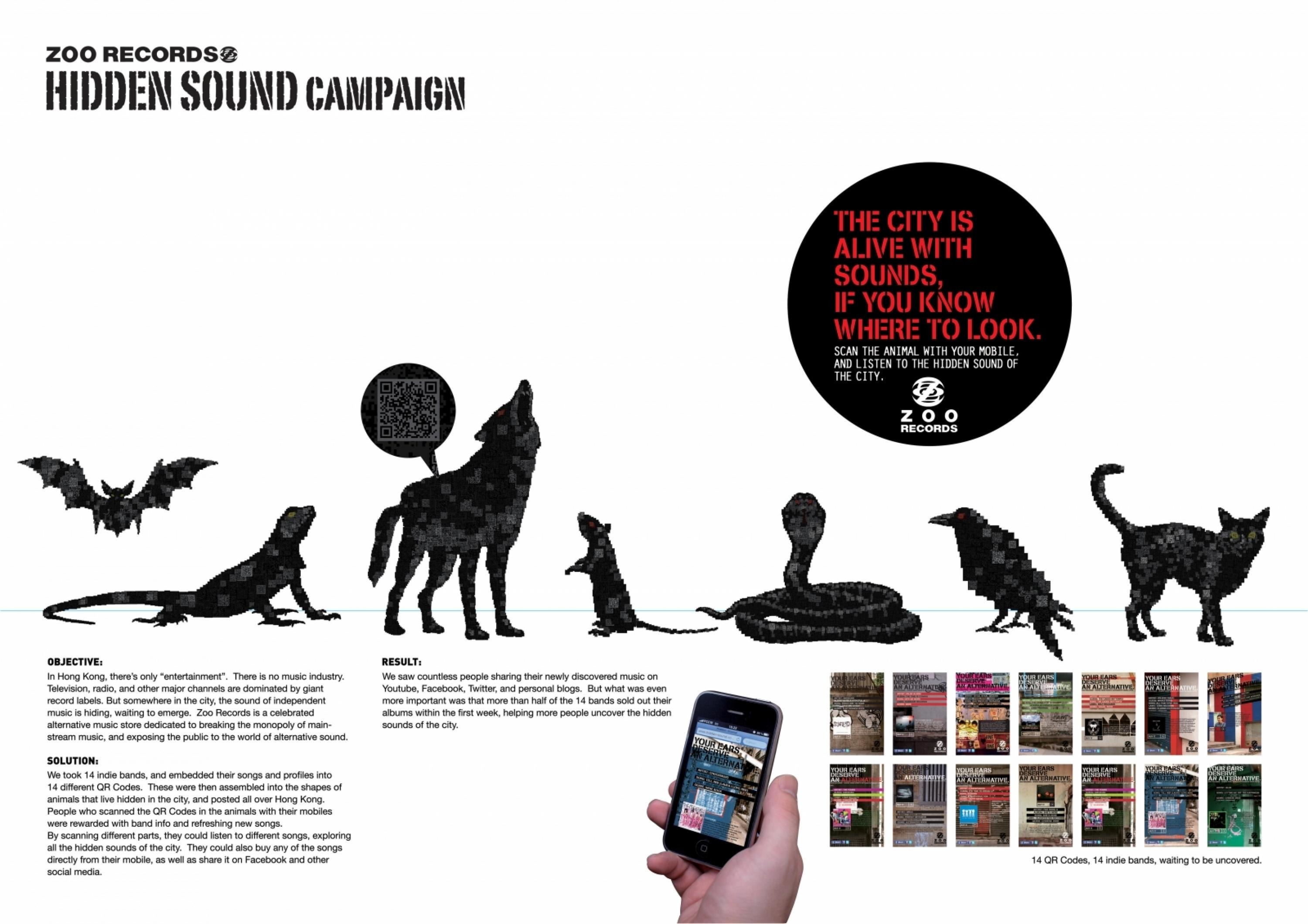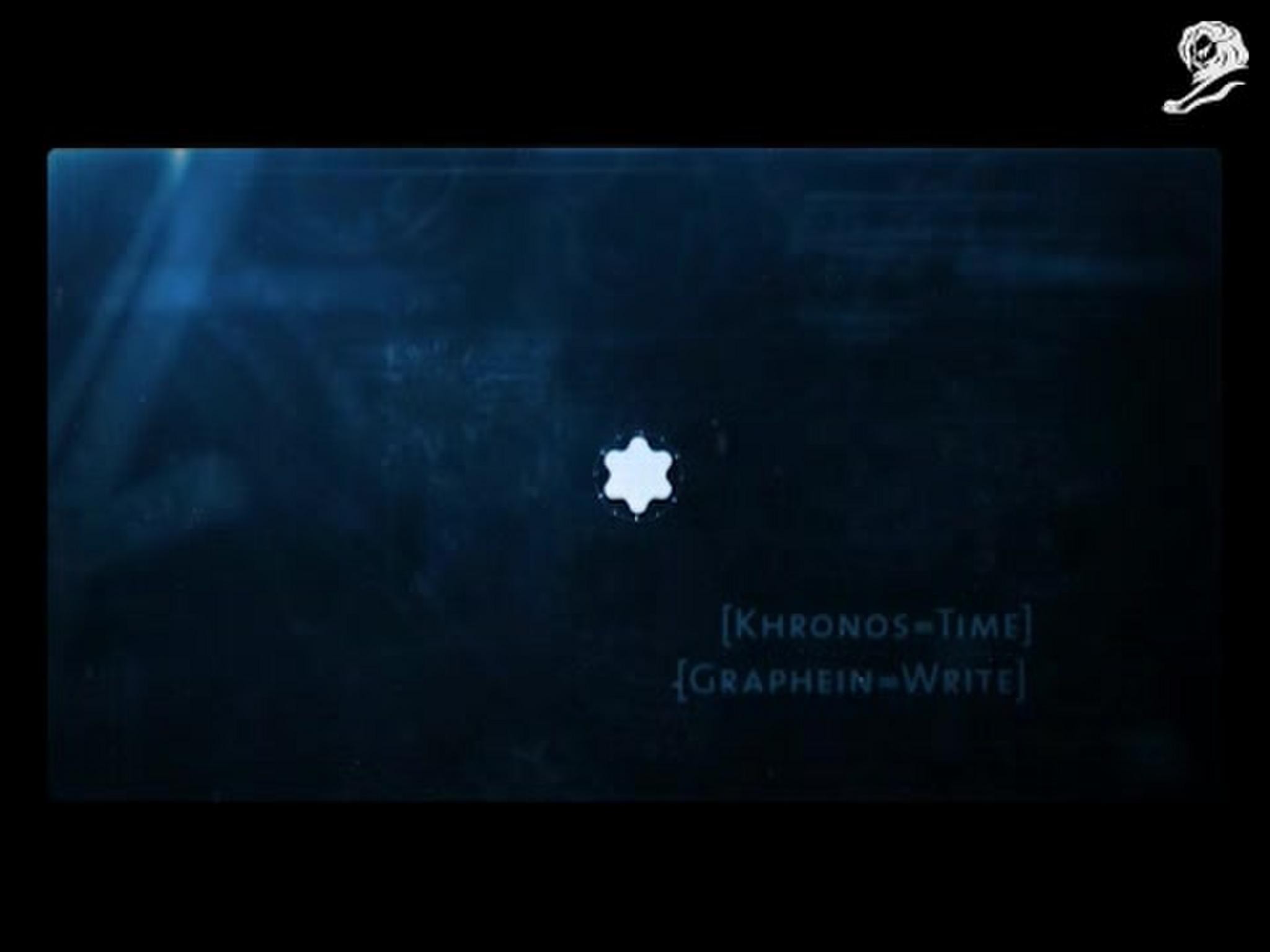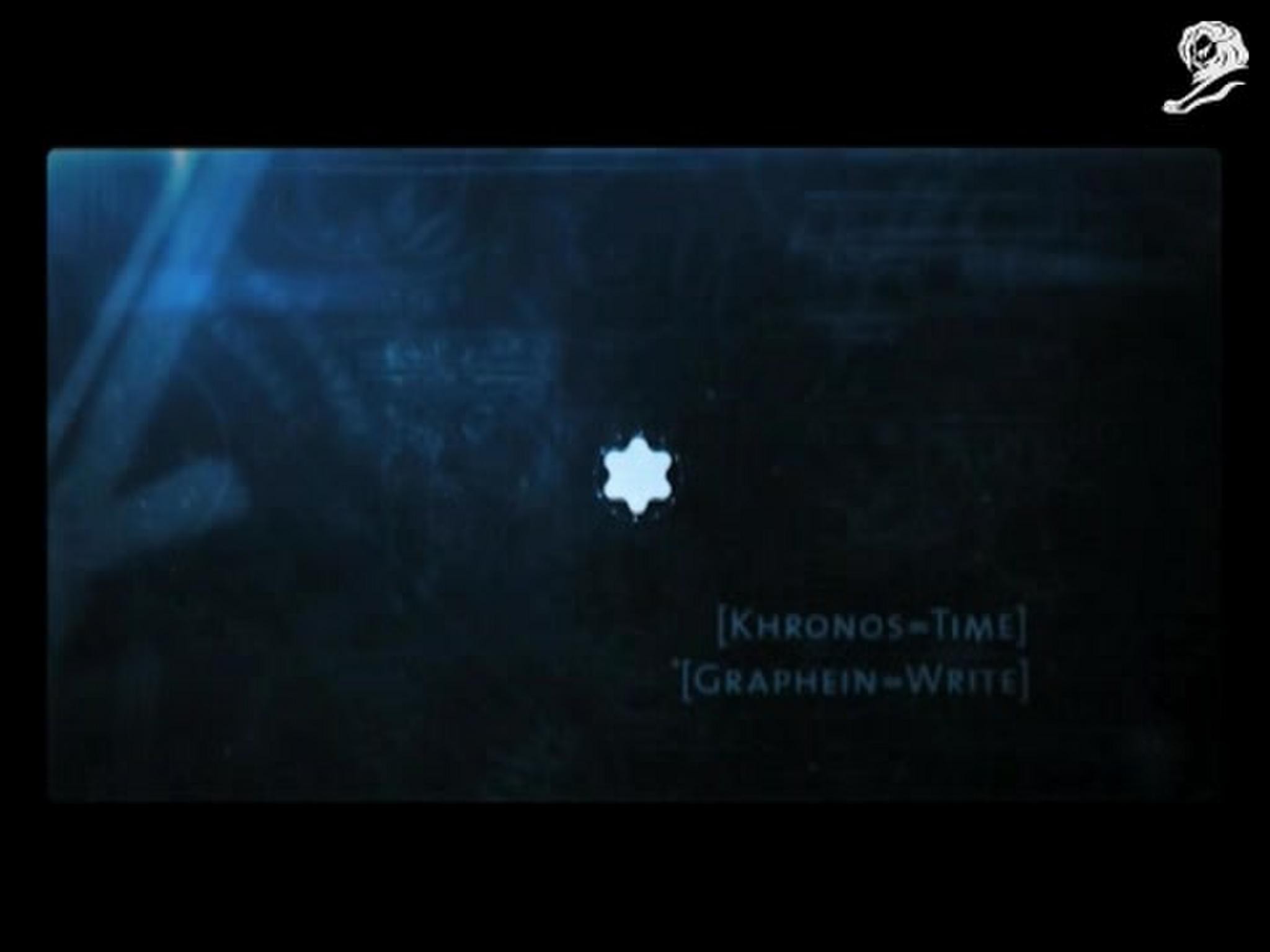Strategy and Effectiveness > Creative Strategy: Sectors
HEAR MY LAST WISH
LEO BURNETT, Taipei / TAIWAN ORGAN SHARING REGISTRY AND PATIENT AUTONOMY PROMOTION CENTER / 2024
Awards:


Overview
Credits
Overview
Why is this work relevant for Creative Strategy?
Taiwan Organ Sharing Registry and Patient Autonomy Promotion Center has long been advocating for organ donation knowledge and promoting the spirit of altruism. However, despite these efforts, the number of successful organ donation cases in Taiwan still lags behind other countries. Our creative strategy aims to discover ways to increase the number of successful organ donation cases. It involves not only educating the public and boosting sign-up rates but also reforming processes and policies. Only through such reforms can we hope to see more successful organ donation cases occur.
Background
Taiwan, as a trailblazer in organ transplant legislation in Asia, witnesses a heart-wrenching reality. Despite a surge in signed donation consent forms, the annual successful cases (5.98 per million people) lag far behind countries like Spain (38 per million) and Portugal (24.8 per million). This disparity stems from cultural differences and the process requiring family consent, intensifying the urgency of the issue. Taiwan Organ Sharing Registry and Patient Autonomy Promotion Center tirelessly advocates for change. Our objective is to increase successful organ donation cases. Each unrealized case represents a missed opportunity to save a life, emphasizing the imperative need to reform processes and assist families in supporting the wishes of potential donors.
Please provide any cultural context that would help the jury understand any cultural, national or regional nuances applicable to this work e.g. local legislation, cultural norms, a national holiday or religious festival that may have a particular meaning.
Societal reluctance to discuss organ donation impedes its promotion in Asia. The avoidance of death-related topics and beliefs in preserving the entire body for an afterlife contribute to this obstacle. Many fear organ donation may hinder reaching heaven.
According to the current organ donation process in Taiwan, even if potential donors sign consent forms, hospitals still require consent from their living relatives to proceed with organ transplantation surgeries. This protocol aims to prevent potential legal issues such as organ trafficking, coercion, and identity misuse.
However, the societal reluctance to discuss organ donation results in many living relatives being unaware of the deceased potential donor's wishes to donate. With suspicion and grief, up to 99% of living relatives refuse consent when approached by hospitals, leading to failed donation attempts.
Interpretation
What is the challenge for organ donation? We examine 3 aspects regarding the issue of organ donation:
- Attitude towards organ donation: Data indicates that 98.6% of people in Taiwan are familiar with this issue and hold a positive attitude towards organ donation.
- Behavior in response to organ donation: The number of people signing organ donation consent forms has reached over 510,000 and continues to increase steadily each year, demonstrating a growing willingness to take action and participate in organ donation.
- Actual execution of organ donation: Only 1% of potential donors can successfully donate organs after death. Most cases failed because of rejection from family members.
The challenge is in execution, not in changing public perception or increasing the number of signed consent forms, but in obtaining family consent during the execution phase. Overcoming this bottleneck is crucial for more successful organ donation cases.
Insight / Breakthrough Thinking
After conducting 10 workshop interviewing 20+ doctors 150+ Volunteers 30+ coordinators to understand the organ donation process, the current execution process is as follows: The potential donor passes away > Negotiate with family in organ donation negotiation room > Notify the organ donation center > Perform organ transplant surgery. These steps must occur within 4-36 hours to maintain organ viability, putting everyone under time pressure.
Workshops revealed an uncomfortable atmosphere in the negotiation room. Family members are still grieving over the sudden loss of their loved ones, surrounded by unfamiliar faces such as doctors and organ donation coordinators who are eager to persuade them to consent to organ donation, intensifying pressure and resistance.
At this critical moment, the rational persuasion from doctors and coordinators is not enough. Therefore, we have decided to Improve current execution process by incorporating emotional persuasion.
Creative Idea
At this pivotal moment, emotions outweigh rationality. The most influential figure in persuading family members is none other than the donor themselves.
Hear My Last Wish is an innovative digital service. It allows potential donors to record their donation wishes in audio format, played at crucial moments during hospital consent-seeking, ensuring the smooth execution of their intentions.
Integrated into Taiwan's organ donation process since 2023, donors, upon signing consent, can record preferences on devices. The audio is annotated in Taiwan's National Health Insurance Database (NHID), signifying donation wishes. In the hospital's organ donation negotiation room, doctors will play the potential donor's "Last Wish" to seek consent from living relatives. This design targets the pivotal moment - obtaining consent from the potential donor's living family members. It enables donors to express intentions, reassuring and convincing loved ones, facilitating successful organ transplants, and realizing donors’ wishes.
Outcome / Results
● Taiwan government officially integrated Hear My Last Wish into the country’s organ donation signing and execution process, successfully connecting with 42 organ transplant hospitals nationwide.
● By December 2023, organ donation consent signings increased by 127%, with over 84% of potential donors recording Hear My Last Wish, creating more than 3567 organ donation voiceprints.
● Organ donation successful cases in 2023 reached a decade-high record, with a 34.6% growth from last year.
● More than 300 organ donation signing stations have been established nationwide, including clinics, schools, and subway. Each station is staffed with volunteers to provide instructions, reaching a total of over 50,000 individuals per day.
● A thematic video featuring actor Liang Xiushen, garnered 1 million views in a month.
● "Hear My Last Wish" received coverage from over 20 media outlets, generating exposure valued at over $1.2 million.
Please explain if there were any other discounting factors that may have impacted on the effectiveness of your work.
The thematic video for Hear My Last Wish tells the story of an elderly father facing the decision of whether to consent to donation at a critical moment. It received support from renowned Taiwanese actor, Liang Xiushen, who agreed to portray the protagonist. This endorsement facilitated significant media attention for Hear My Last Wish during its initial launch phase.
More Entries from LEO BURNETT
24 items









